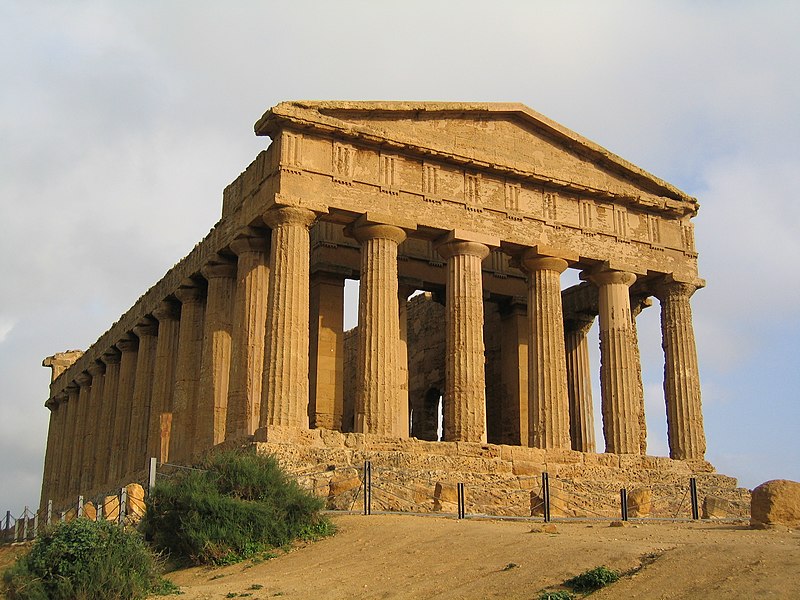
A tomb found in the city of Agrigento attests to the Jewish presence since antiquity. Letters found in the Genizah of Cairo mention this presence in the 11th century. In the Middle Ages, Jews were subjected to church taxes and restricted in their practice. Fundraising was forced, especially to equip the King’s troops.
Among the most prominent figures of the time was Faraj da Agrigento, one of the main translators of Charles of Anjou. Jewish schools were also under pressure in the content of their teaching. Following the Inquisition, Jewish life did not resume in Agrigento.
In 2016, a Garden of the Righteous was inaugurated in Agrigento, in the heart of the Valley of the Temples.